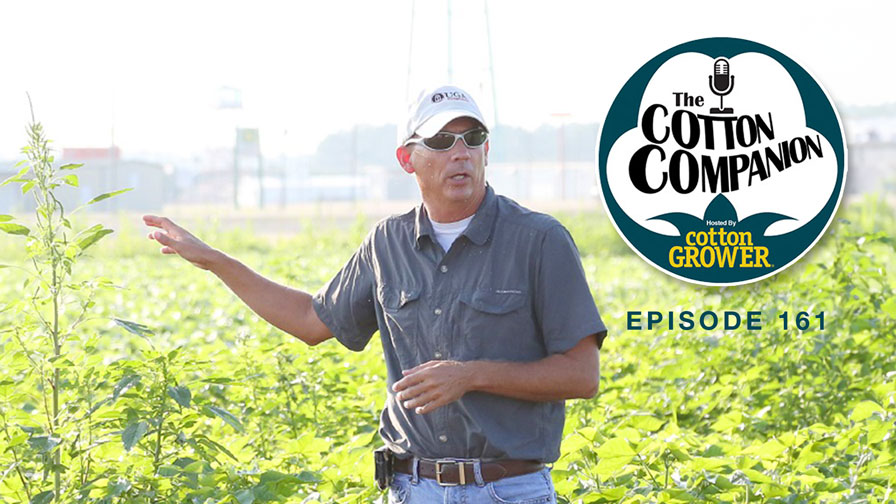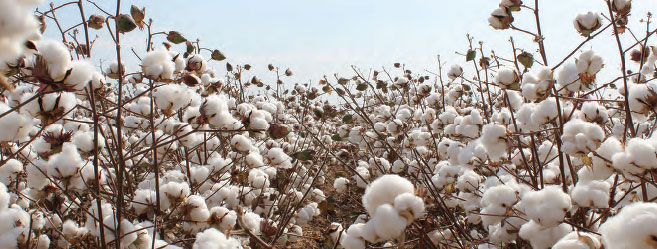Who Blinked First?
As children, we called the game “blink.” The rules were simple. Two participants stare directly at each other’s face, holding their eyes open until eventually natural bodily reaction takes over and one contestant – you guessed it – blinks.
Of course the rationale behind such a game is silly, but that doesn’t mean those contests don’t happen in the real world. After months of contentious posturing, it looks as if a delegation of reputable international merchants relented in their squabble with the Chinese Administration of Quality, Supervision, Inspection and Quarantine (AQSIQ). On April 27, officials from the AQSIQ held meetings with both the American Cotton Shippers Association (ACSA) as well as a 12-nation delegation represented by the Committee for International Cooperation between Cotton Associations (CICCA).
On the same day, the AQSIQ released a fourth list of registered cotton suppliers, featuring 44 firms that had been cleared to ship cotton into China. Of those registries, 19 come from the United States or Australia – two nations which, along with Brazil, had been the most outspoken against AQSIQ policies.
ACSA had gone so far as to send AQSIQ Minister Wang Yong a letter, in which the association lamented that the Cotton Supplier Registration Program is “unrealistic, unfair, is contrary to China’s obligations pursuant the World Trade Organization (WTO) Accession Agreement, and fails to take into account the outstanding record of U.S. shipments and services to our valued Chinese customers over the past 40 years.”
While many international merchants still grumble about the implementation of AQSIQ, the events of April 27 sent a strong message: the merchants’ associations blinked. The stare down is over. Despite tough rhetoric initially, merchants realized that China’s way is better than no way at all.
The merchants from India, Brazil and the U.S. had a strong case. Those three countries typically account for half of China’s total imports. But these latest developments prove that the lure of the world’s largest consumer market – China – is the ultimate trump card in international cotton dealings.
What is promising for the merchants is that China appears to be willing to at least listen to the concerns of the international cotton community. In addition to the aforementioned meetings, representatives from the AQSIQ have been in talks with organizations such as the International Cotton Association. And the AQSIQ has agreed to certain concessions, including taking heed of the CICCA default list by not accepting those companies who appear on it.
Still, most in the international cotton community would agree that more needs to be done to ensure the continued legitimacy of the Chinese inspection process. Because of the importance of the Chinese market, the biggest concern for larger, reputable merchants is the amount of sovereignty given to the Chinese government in this matter. Who can hold AQSIQ in check if the organization begins excluding reputable merchants on disputable grounds? How much transparency can merchants expect?
Only time will give us the answers to these questions. But if things become contentious in the near future, perhaps international merchants will regret blinking as early as they did.








